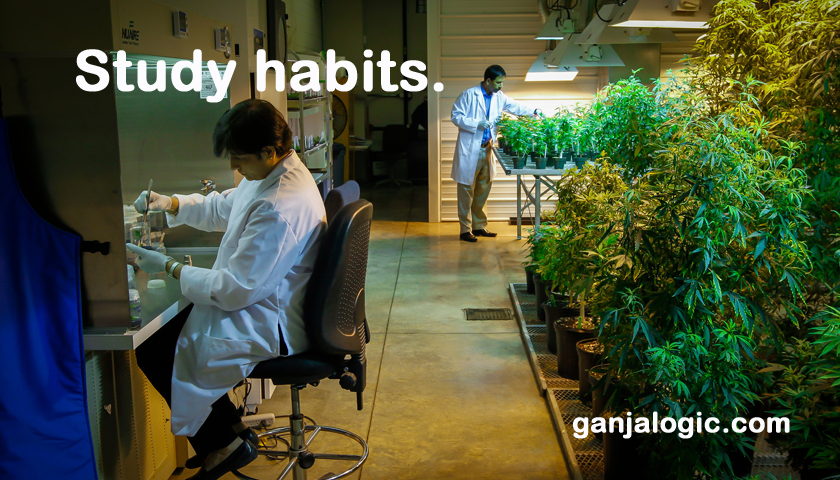For by-the-book scientists, there was only one source to obtain marijuana for medical research – a federally-sanctioned lab at the University of Mississippi. Until now. The New York Times reports the DEA is officially loosening its grip, enabling other universities to grow the plant for medical study. The move is one more step in the Obama administration’s (and the nation’s) unfolding attitude toward medical marijuana. Though the weed is already legal in half the American states, and used to treat conditions from childhood seizures to geriatric pain, the research to back up those treatments is a bit thin. The new policy should help change that.
Previous policy had created a situation where serious scientists had to wait in line – often for years – to get research-grade weed with the federal stamp of approval. Meanwhile, the average Joe in Denver could waltz into his local store and have his pick of curated strains, tweezed by market-savvy growers to serve a dozen different needs. The new rules, says John Hudak, a senior fellow at the Brookings Institution, “will create a supply of research-grade marijuana that is diverse, but more importantly, it will be competitive and you will have growers motivated to meet the demand of researchers.
“If you were a researcher who thought a product with high THC would help someone with a painful cancer, you were out of luck. You couldn’t access high THC marijuana in the same way you could buy it in a market in Colorado.”
Though other arms of government still classify marijuana as an addictive drug with no medical value, the new rules indicate an attitude towards the plant that is, well, gradually relaxing. “They’re taking a nuanced view,” said Kevin A. Sabet, a former Obama administration drug-policy adviser. “It’s a good day for science.”




